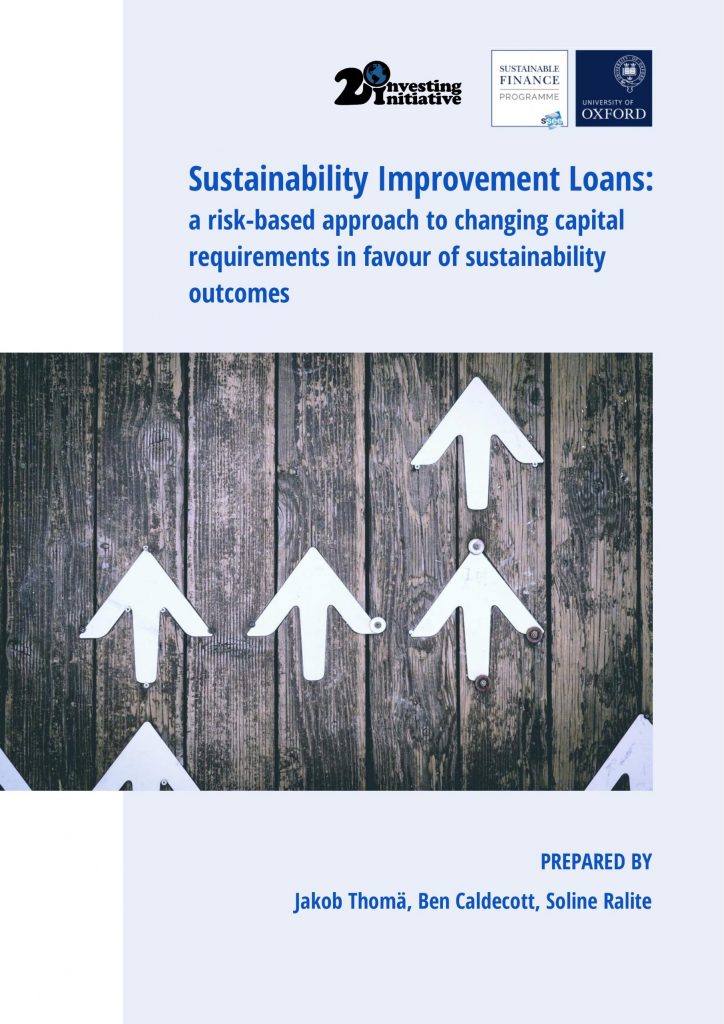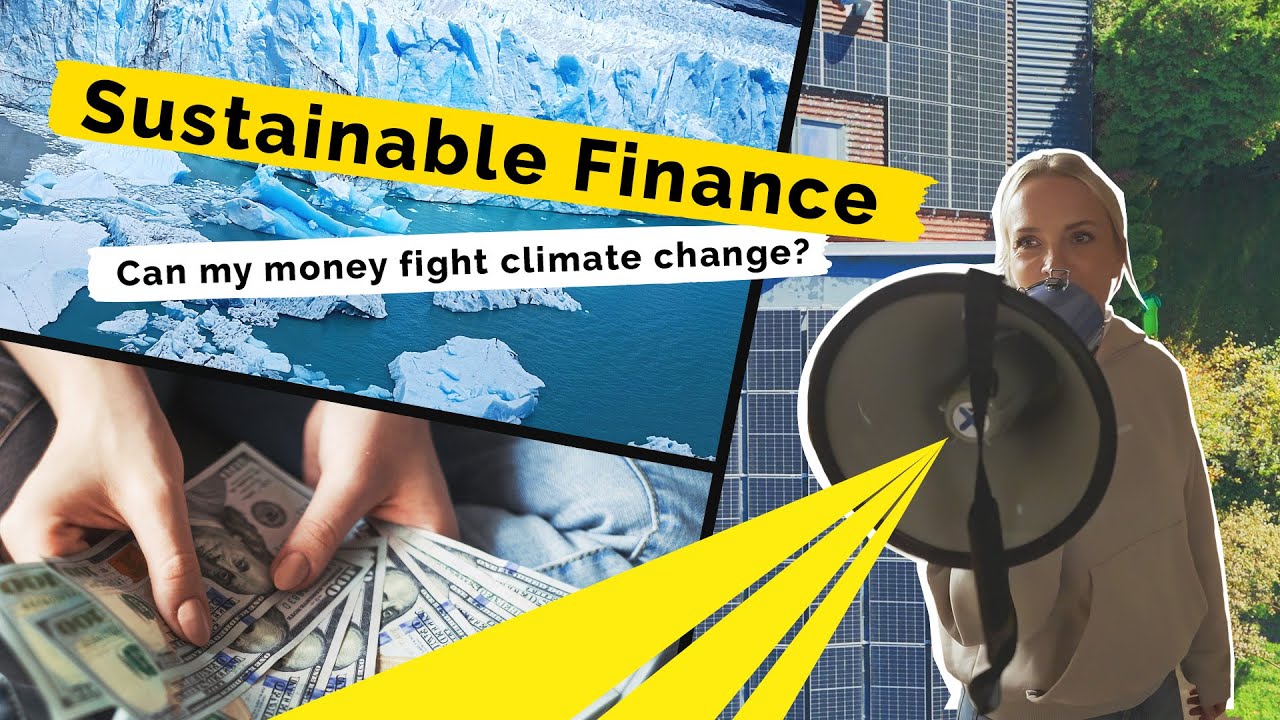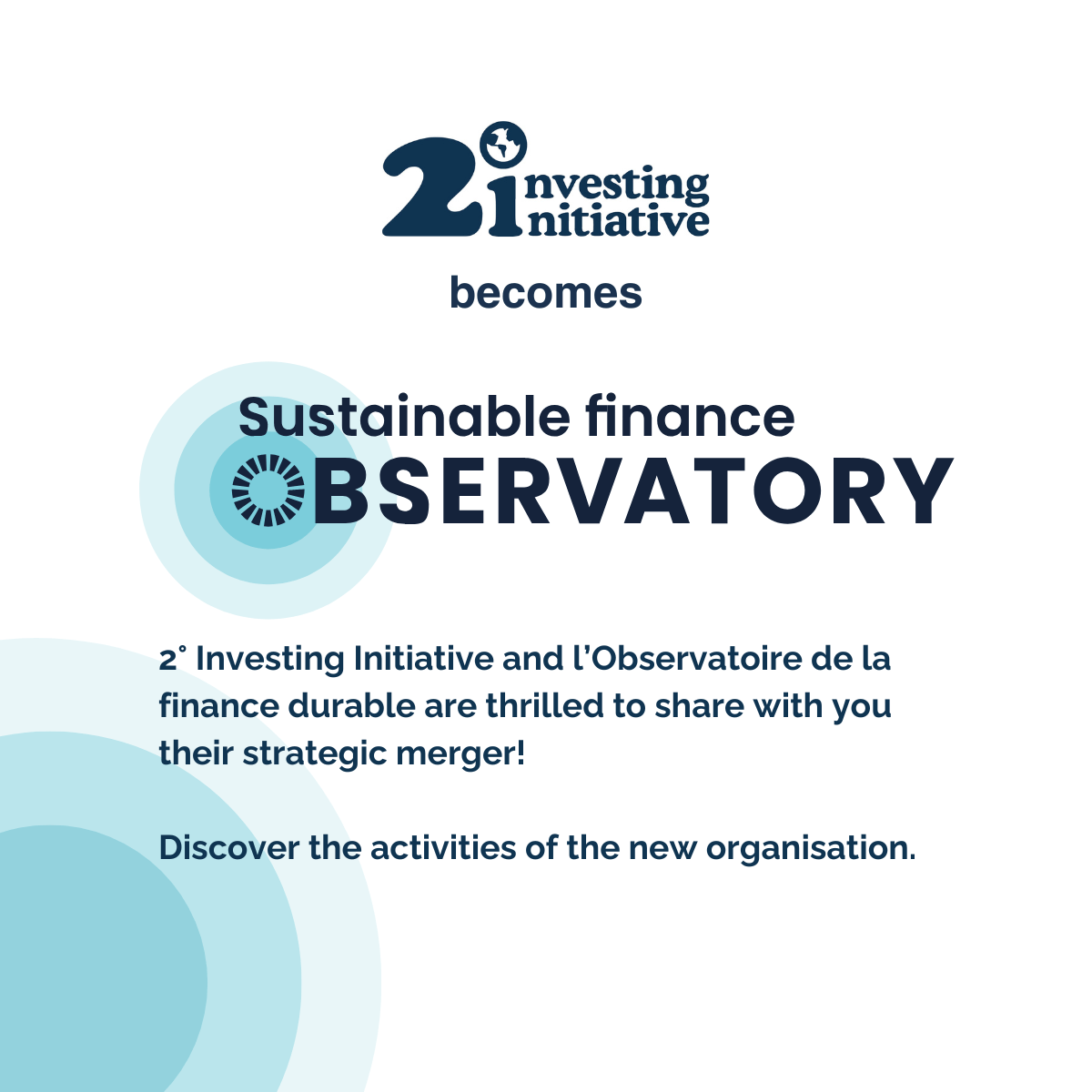This takes capital requirement frameworks away from their risk-based origins and this move is widely contested, including by many financial supervisors.
This paper suggests an alternative pathway that satisfies both the objective of aligning capital requirements as a way to shift capital towards sustainability, while preserving their core role of supporting risk management in the financial system and avoiding the drawbacks of a GSF. The paper introduces the concept of Sustainability Improvement Loans (SILs), which could merit lower capital charges as they are lower risk. We define SILs and how they could incentivize sustainability practices and reduce risk. The potential pathway to policy application and its estimated effects on banks’ capital and profitability is then discussed, as well as the extent to which the policy is aligned with the financial stability prerogative of financial supervisors.



 Why might your savings be funding fossil fuels?
Why might your savings be funding fossil fuels?